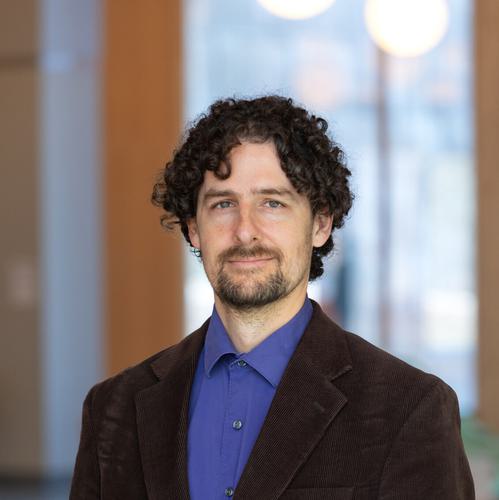
Alexander Diesl
Professor of Mathematics
Noncommutative ring theorist, sees mathematics as a central part of a well-rounded liberal arts education.
My research concerns a type of abstract algebraic structure known as a ring. A ring is a set of elements (familiar examples include such things as numbers, polynomials, matrices, or functions) endowed with both an addition operation and a multiplication operation. My current research interests involve classification questions and the visualization of algebraic structures.
At Wellesley, I have taught courses at the introductory, intermediate, and advanced levels. I view mathematics very much as a liberal art, and I strive to adhere to this philosophy in every class that I teach. During the summer of 2010, I advised three Wellesley students in a research project concerning zero-divisor graphs of rings.
I am also interested in the future of mathematics education at the secondary level in the United States.
In my spare time, I am often found playing with my kids.
Education
- B.A., Johns Hopkins University
- M.A., Johns Hopkins University
- Ph.D., University of California-Berkeley